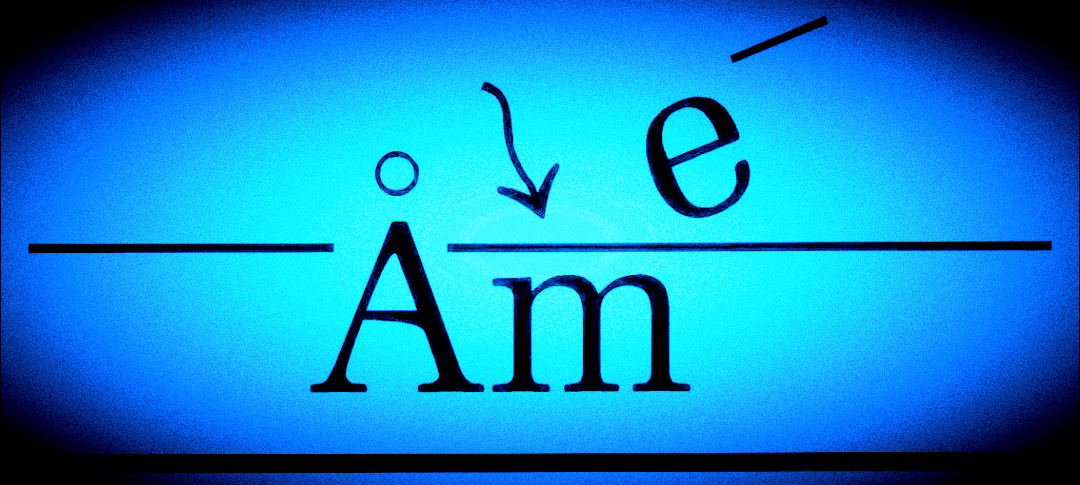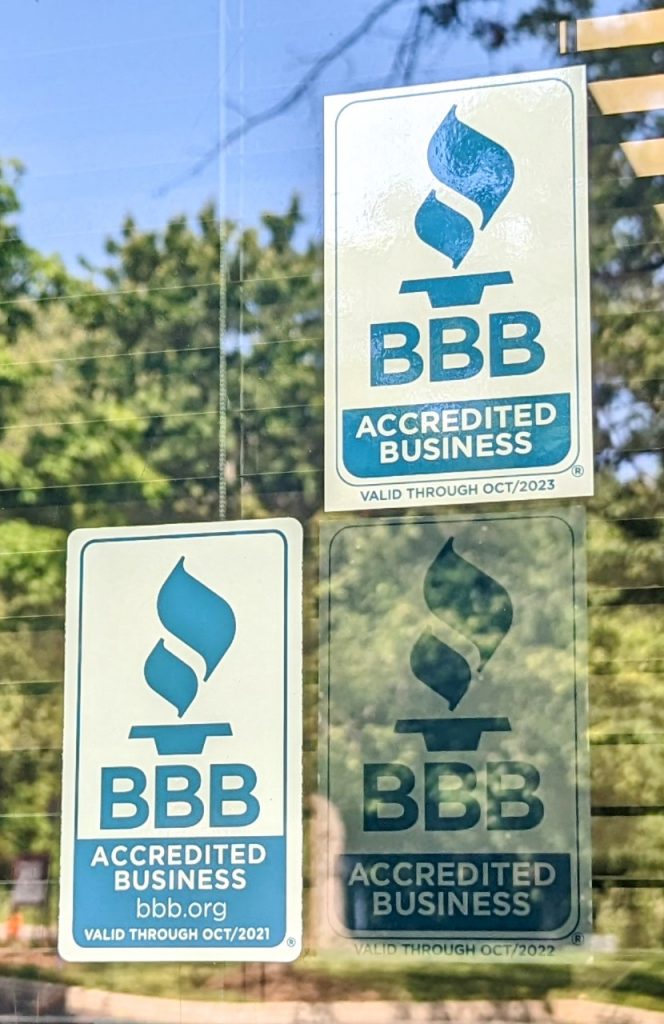Quality and Our Mission
Anderson Materials Evaluation, Inc. offers a broad spectrum of materials analytical services to help its customers shoulder the burdens of materials development and characterization, process and product development, quality control, and failure analysis. We also provide research, consultative, and expert witness services. Each project is managed by one of our four Ph.D. scientists and personally examined for quality by this exceptionally well-trained, highly intelligent, and experienced scientist.
We collaborate with our clients to help develop goal-directed solutions to their metal, semiconductor, glass, polymer, inorganic and organic chemical, ceramic, composite, mineral, and contaminant material problems. We perform requested analyses, but we very commonly design a custom analytical approach to provide the material understanding needed. To do this we must discuss the background of the problem, define the tasks necessary to address the problem, provide the needed analysis or analyses, and discuss the solution pathway elucidated by the analytical results obtained. After solving or better identifying the problem, we may suggest further R & D and quality control analyses for greater benefits. Our primary service is not simply a measurement. It is materials understanding for your applications and purposes.
We document our materials investigations with thorough written reports to ensure that clients can fully understand and independently examine the analytical results and conclusions. This establishes a documented history for future process and product development and control issues. Such problems that arise in production often have a tendency to reoccur, so it is important that they be documented and archived. Our reports establish the nature of the material investigated, which may differ from other materials commonly thought to be the same or similar in ways which may be critical for certain applications and use environments. Our reports provide materials characterizations which should be a part of a good quality control system for materials used for production and in final products. A good quality control system matches materials characterizations with product efficacy, costs of production, and materials failures. When no known product or materials problems exist, our materials characterizations can provide a baseline for a problem-free material against which materials characterization changes during failures and other problems can be later compared.
Our efforts to efficaciously address materials characterizations and problem solving activities achieve high quality when we have provided the needed understanding of the materials problem we have been called upon to address at a rational cost and in a timely manner. It has to be remembered at all times that further analysis and effort in understanding a material will generally lead to further understanding. Quality analysis is not equivalent to a perfect understanding of a material, because the client has only limited money and time to provide us for the purpose of characterizing and understanding a material. High quality is achieved when the level of understanding of a material is rationally balanced with the resources made available by the client for a given materials investigation.
Our XPS surface analysis, WD-XRF, SEM/EDX, optical microscopy, thermal analysis, FTIR spectroscopy, GC-MS, XRD, UV-Vis, and electrochemical measurement capabilities give us many powerful tools to apply to a client’s materials and process evaluations. We frequently apply these techniques in combinations and in unusual ways to solve materials problems. Quality is not a matter of establishing routines and cookbook recipes. It is achieved in this laboratory by a constant effort to understand our instruments, the many methods of their use, the likely and reasonable properties of materials, a constantly probing mind keenly observing both expected results and anomalous results, and above all the wise interpretation of data to produce materials understanding. Anomalous results must be examined to be sure they are truly due to unusual material properties or because the material is chemically different than we were told it would be, rather than due to instrument malfunction or uncalibrated behavior. Of course we deal constantly with known materials and in such cases the measurements make us aware of any anomalous need for recalibration or repair of our instruments.
Materials are very complex and there are many tens of thousands of applied materials. They are processed in myriad ways, used in innumerable applications, and in an infinite number of environments, with varied histories. Quality materials understanding is primarily achieved by years of experience spent studying materials with keen observation, a questing, experimental mind, constant, critical evaluations of laboratory results, the development of in-house analytical techniques, discussions with our AME colleagues, client-supplied information, and research information gathered from published sources and the Internet.
Who is Responsible for Quality at Anderson Materials Evaluation, Inc.?
Every employee of the company is responsible. Very little of our work is susceptible to a simple recipe description. All of our work requires the focused attention and rational thought of our employees. Each employee is encouraged to use every resource we have available to become a better scientist. We only hire Ph.D. scientists because we require that our staff be highly intelligent and continuous learners on their own initiative. If you need help with any issue that affects the quality of our work, please discuss it with the company owner, Charles R. Anderson, Ph.D., President and Principal Scientist, or with any of the project managers who head up every investigation:
Charles R. Anderson, Ph.D., President and Principal Scientist
Vaidheeshwar Ramasubramanian, Ph.D., Materials Scientist
Priyanshu K. Banerjee, Ph.D., Materials Scientist
Lorrie A. Krebs, Ph.D., Materials Scientist
Here is our complete AME Quality Manual. We have not played the accreditation game, which is designed for laboratories with employees with weaker scientific training and little more than routine analyses to perform. Instead, we offer you thinking and experienced professional scientists who are passionately dedicated to do their work with careful observation, rational insight, and the determination to solve your materials problems.
Please see Our Team for biographical descriptions of Drs. Anderson, Krebs, and Ramasubramanian for such additional information as where they earned their Ph.D.’s and their past experience as scientists.
Contact us now to discuss your materials analysis needs and we will be glad to discuss how our team can help you and your company find the solutions you need.


